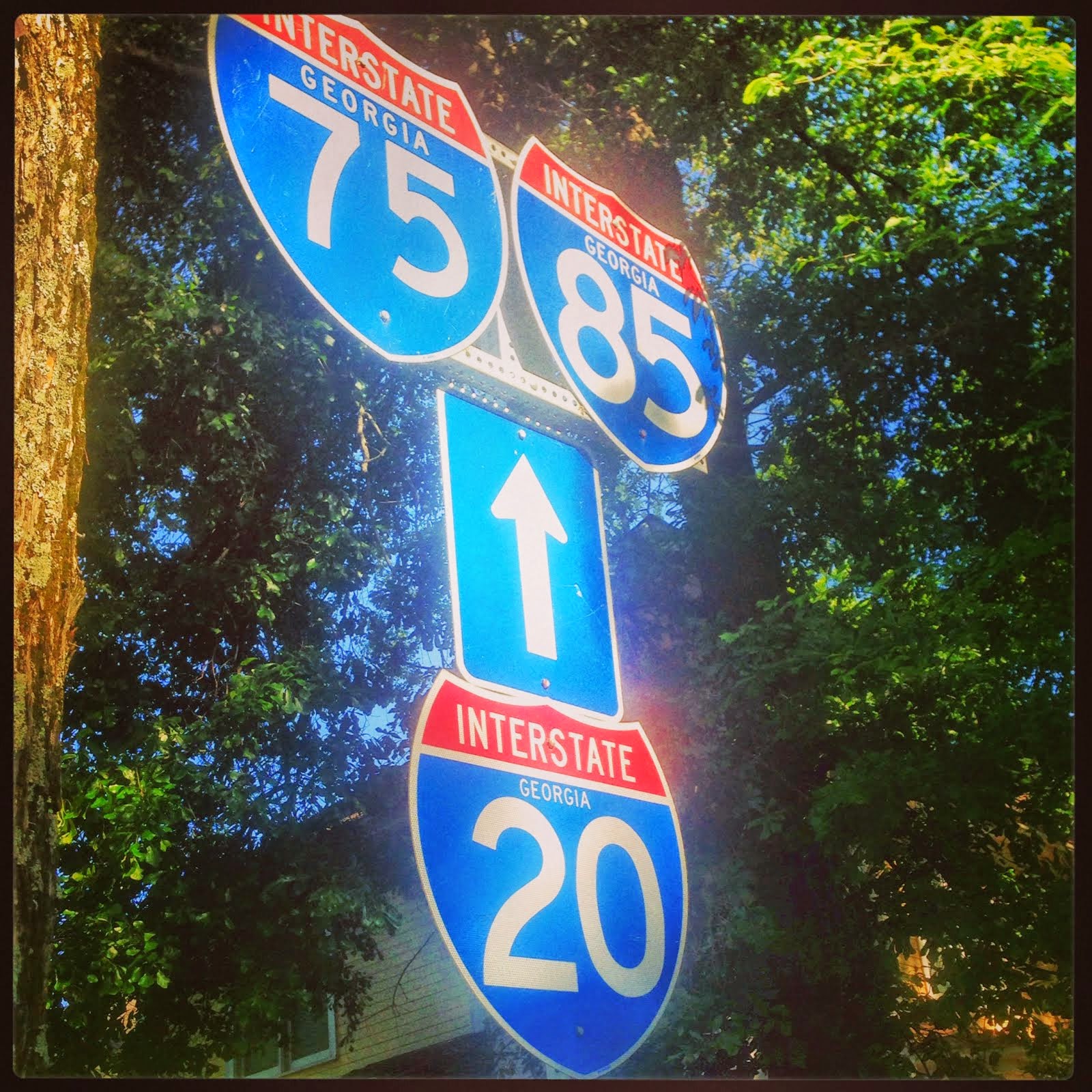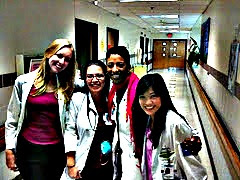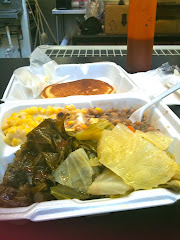*details changed to protect anonymity.
"Believe half of what you see and none of what you hear."
~ Anonymous
A few years back, I was in clinic and went into a room to listen to a patient's heart sounds. A resident physician working with me that day had already seen the patient first. Before I entered the room, he'd described everything about the past medical history including a "easily audible" heart murmur. Even though it was pretty straight forward, I still wanted to listen. And so I did.
"It is an early peaking, systolic murmur," he said as we walked up the hall, "radiating to the carotids. But super loud." That description was suggestive of a narrow aortic valve. I figured that a murmur this loud had been assessed with imaging in the past.
"Did she get an echocardiogram?" I asked. The two dimensional ultrasound of the heart, or echocardiogram, visualizes the blood flow and the heart valves. Though the physical findings lead us to where we are going in heart disease, actual images tear the roof off of the sucker to confirm things. The clinic was busy. And this was an upper level resident. So I cut to the chase. I wanted the echo results.
"She did," he replied. "I need to double check the final read but I'm pretty sure it confirmed aortic stenosis."
"Do you know how severe?"
"No. I'll have to look again when we go back into the room. But I know she doesn't have any symptoms which is good."
"Yeah."
So he went on to tell me a few other things about her before we reached the room. After a quick knock, we entered the clinic room together. Nothing about it was unusual.
"Hi there, ma'am. My name is Dr. Manning and I'm one of the senior doctors in the clinic working with your doctor. We always put our heads together about your health and figure two brains is better than one." She smiled and I smiled back. After a quick review of her concerns and the plan of care, I reached into my pocket to pull out my stethoscope. "Mind if I listen to your heart?"
"Not at all," the patient replied. "Guess four ears is better than two, huh?"
I chuckled and nodded while placing the rubber tips of the stethoscope into my ears. And honestly? I wasn't even thinking too hard when I did that. I reached over to her chest and searched the classic listening areas--aortic, pulmonic, tricuspid and mitral--with the cold diaphragm.
Sure did.
The whole "not thinking too hard" thing wasn't because she didn't matter. It was just that I'd heard the story and exam already including the echo results. This was mostly a formality, honestly. I even made comment about the pretty necklace she was wearing as I slid it out of the way to reach her chest. The patient began sharing that she'd splurged on it during on a vacation once and how she hasn't removed it since. I raised my eyebrows and nodded, then lifted one finger to let her know we'd need to hit the pause button for a few moments.
You know. So I could hear the murmur that already had a diagnosis.
And so. I lean in and quickly listen. And just like that, I recognize that what I was hearing isn't at all what had been described to me. I raised my eyebrows. "What did you say this murmur was from?"
"Aortic stenosis."
I squinted my eye and listened again. "Hmmm. This murmur sounds diastolic to me. Hmmm."
"She definitely has aortic stenosis. I heard a crescendo-decrescendo murmur. And it was during systole."
"Okay." I carefully listened again. I then felt the patient's pulse and listened some more while timing it out with the rhythm of the heart. And still what I heard sounded like the flow of turbulent blood during the relaxation phase of the heart cycle. I listened some more. And then once more. "Aortic stenosis, huh? Okay. I guess my hearing is off today." And that was that.
I conceded since I knew that the imaging supported his assessment. But honestly? That murmur sounded nothing like what he was saying to me. The whole thing made me uncomfortable, especially feeling so off on something like this--a bread and butter physical finding.
"Yup. Stenosis. But let me just confirm how severe, okay?" He pecked into the computer and clicked a few screens. And while he did, the patient asked a few questions.
"Is my heart okay?"
"Have you been told about your heart murmur?"
"Yes'm."
"We're just talking about your heart murmur. That's just the flow of blood rushing over your heart valves. Have you been lightheaded or dizzy?"
"Naw. Never that."
"Okay. We're just checking to see how narrow your heart valve is but it sounds like this is an old issue, okay?"
"Oh alright then."
She asked a few questions about aortic stenosis and what that meant while he moved through screens to confirm for me the final reading on the echocardiogram images. Since I was less occupied, I pitched in and explained. Even though my ears were telling me of a different diagnosis.
Yeah.
So as we discussed all of that, suddenly I notice a funny look on the resident's face. "Oh must've misread that," he mumbled to himself. "Um, Dr. M? It's actually moderate to severe aortic regurgitation."
He said that right after I'd finished my soliloquy on aortic STENOSIS and right after I'd finally talked myself out of what I knew to be true based upon what I'd heard with my own ears.
Shit.
And no. It didn't turn into a big thing with the patient at all. I apologized and told her that I'd misspoken and that her heart murmur was more of the kind you get form a leaky heart valve instead of a narrow one. My face felt like it was a million degrees. She laughed and said, "I was wondering. I been told before my valve was leaky. I ain't never heard of it being stiff and narrow before so that was news to me."
Sigh.
So here's my point of telling you all of this:
The things that happen to me at Grady are simply metaphors for life. Trust your gut and what you know. Listen with your own ears and then listen again. Believe your ears, especially when they've heard a lot of things. Same goes for your eyes. But especially believe yourself even when odds stack against what you think. That is, when you feel sure.
I doubted myself. And honestly? It wasn't even a soft call. I felt embarrassed for my initial instinct to doubt the echo report when I shouldn't have. I shouldn't have at all. Plus, I hadn't seen that echo result with my own eyes. That's a lesson, too.
And no. I am not always sure. But this time I was. And I'm still mad at myself for not laying down my nickel and betting on me. I recognize it's okay to be wrong. But I think my "ah hah" moment is in that I need to be just as okay with being right.
Does this even make sense?
As for my resident, I gave him some feedback. I'm pretty sure he, too, convinced himself of what he heard based on what he thought the images showed or could have just been so junior that he misjudged what he heard altogether. So yeah, I gave him feedback right away. But as I did, I showed my own clay feet and revealed what I'd done wrong as well. I'm senior to him yet I needed him to understand that even after 20 years of being a doctor, we are still works in progress. I let him know that being scared of looking silly isn't a good reason to not push when you feel pretty sure. And mostly, I was sure, even though I was being told otherwise. I was just two seconds away from saying, "Well, I don't know what that echo is saying, but this murmur isn't consistent with aortic stenosis at all." But I didn't. After all, the echo said it was aortic stenosis.
That is, until it didn't.
Yeah.
***
Happy Tuesday.





















